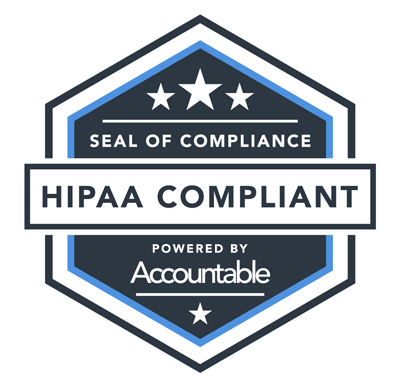In response to the COVID-19 pandemic, Congress enacted the Families First Coronavirus Response Act (“FFCRA”). Included in that legislation was a 6.2% increase in the federal share of Medicaid with the states in exchange for continuous coverage for current enrollees, whether or not they were traditionally disqualified for coverage.
As of tomorrow, April 1, 2023, the FFCRA’s continuous enrollment requirement ends, and the enhanced federal matching fund for Medicaid begins to phase down for the next 12 months as states may resume disenrollment of nonqualifying individuals.
While the FFCRA increase did not apply to the Affordable Care Act’s 90% federal share and should not negatively impact ACA enrollment, the impact is significant. Depending on the states’ reactions, the Kaiser Foundation estimates that between 5.3 million and 14.2 million people will lose their Medicaid coverage by the end of the 12-month phase-out of the enhanced funding. HHS itself projects higher Medicaid disenrollments at 15 million individuals.
In the property and casualty world, unwinding Medicaid’s continuous enrollment requirement could impact claims settlements.
Less Likely To Settle A Workers’ Compensation Claim? Before the FFRCA provision halted disenrollment, estimates indicate that as many as 10.3% of Medicaid enrollees prior had a gap in coverage during any given year. Because workers’ compensation provides consistent medical and indemnity benefits, reviving disqualification criteria for the 20 million new Medicaid recipients since February of 2022 may make settlement less appealing.
More Likely to Need Creative Solutions To Pass Medicaid Income and Asset Tests? Since Medicaid is a needs-based program, income and ‘asset tests’ are the primary determining factors. While these Medicaid thresholds are state-specific, about half the states cap income for the Aged, Blind, and Disabled (“ABD Medicaid”) program at $914 monthly. Most married couples are permitted only $3,000 in ‘countable’ assets to qualify for ABD Medicaid.
Now more than ever, both sides to any litigation seeking a settlement involving one of the 91.3 million individuals in the Medicaid program–and the millions more seeking benefits–should consider the use of structures and special needs trusts. Structures can extend the timing of payouts and create secure funding for special needs trusts. Special needs trusts may provide continuous benefits while also maintaining continued Medicaid eligibility.
Without planning that leverages structures and trusts, the injured individual may gain a lump sum and lose other income and medical coverage. Done right, Medicaid eligibility can be maintained while the proceeds from a settlement enhance an injured individual’s monthly income, long-term financial security, and ongoing medical coverage.
Call me at (617) 620-1426 or send me an e-mail at info@chronovo.com for more information on Chronovo’s unique programs that can help maximize your Medicaid benefits for a lifetime!



